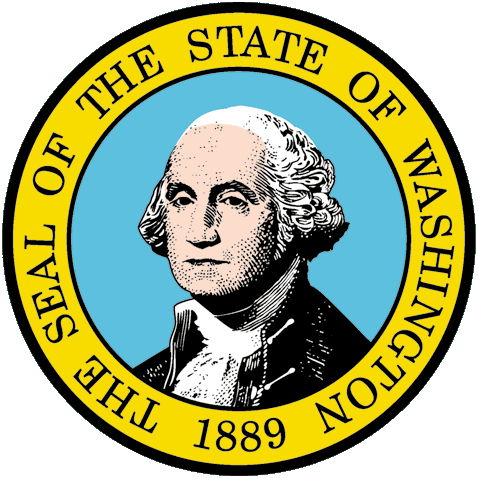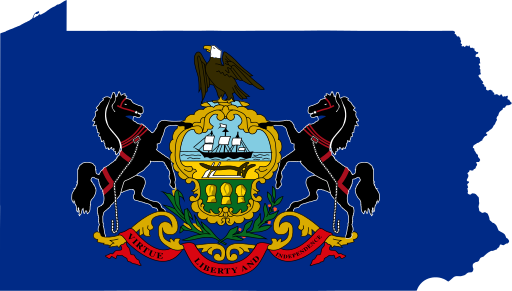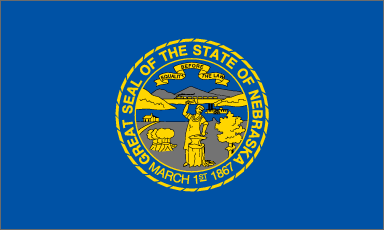Tag: Mayoral elections
-
Early voting begins in NYC mayoral primary on June 12

Thirteen candidates are running in the Democratic primary for mayor of New York City on June 22, 2021. Early voting began on June 12. This election features the first use of ranked-choice voting for a mayoral primary in the city’s history. Under this system, voters will be able to rank up to five candidates on…
-
Two incumbents lose re-election bids in Fort Worth City Council runoffs

The general runoff election for the Fort Worth City Council in Texas was held on June 5. The general election was held on May 1, and the filing deadline to run passed on Feb. 21. Races for City Council Districts 6, 7, 8, and 9 were decided in the runoff. Both incumbents who ran in…
-
Mattie Parker defeats Deborah Peoples in Fort Worth mayoral runoff election

Mattie Parker defeated Deborah Peoples in the Fort Worth mayoral runoff election on June 5, 2021. Parker received 54% of the vote to Peoples’ 46%. Parker and Peoples advanced to the runoff from the general election on May 1, 2021. Incumbent Mayor Betsy Price (R) did not run for re-election. Prior to the election, Parker…
-
Jim Ross defeats Michael Glaspie in mayoral runoff election in Arlington, Texas

Attorney Jim Ross defeated former city councilor Michael Glaspie in the general election runoff for mayor of Arlington, Texas, on June 5, 2021. Ross received 54.4% of the vote to Glaspie’s 45.6%. This was the first mayoral election in Arlington since 2003 without an incumbent on the ballot. Mayor Jeff Williams (R) was term-limited and…
-
Eight Democratic mayoral candidates debate on June 2—three weeks before NYC primary

Eight Democratic candidates for mayor of New York City participated in their first in-person debate on June 2, 2021: Eric Adams, Shaun Donovan, Kathryn Garcia, Ray McGuire, Dianne Morales, Scott Stringer, Maya Wiley, and Andrew Yang. They discussed gun violence, hate crimes, policing, the city budget, public education, and the economy. Heading into the debate, Garcia…
-
Eleven incumbents file to run for re-election to offices in King County, Wash.

The filing deadline passed on May 21 to run for elected office in King County, Wash. Candidates filed for the following positions: • Mayor of Seattle • Seattle City Attorney • Seattle City Council Position 8 At-Large • Seattle City Council Position 9 At-Large • Port of Seattle Commission Position 1 • Port of Seattle…
-
Edward Gainey wins the Democratic primary for mayor of Pittsburgh, advances to November general election

State Rep. Edward Gainey (D) defeated incumbent Bill Peduto, Tony Moreno, and Michael Thompson in the May 18, 2021, Democratic primary for mayor of Pittsburgh, Pennsylvania. Gainey received 46.18% with 98% of precincts reporting as of May 19. Peduto received 39.29% of the vote, while Moreno and Thompson received 13.12% and 1.2% respectively. No Republicans…
-
Jean Stothert wins re-election to third term as mayor of Omaha, Nebraska

Incumbent Jean Stothert (R) defeated RJ Neary (D) in the nonpartisan mayoral general election in Omaha, Nebraska, Tuesday, winning election to a third term. Unofficial results showed Stothert received 67% of the vote to Neary’s 33% at the time of his concession. Stothert described her campaign for re-election as an effort to continue projects that…
-
Anchorage mayoral race remains uncertain as ballots continue to be counted

The outcome of the Anchorage, Alaska, mayoral election remains unclear after preliminary results posted by the city showed Forrest Dunbar leading Dave Bronson with 50.8% of the vote. As of the posting, at least 6,600 ballots had not yet been counted, and mail-in ballots continued to arrive. Mail-in ballots postmarked no later than election day,…
-
Omaha, Nebraska, voters to decide mayoral, city council races on May 11

The nonpartisan general election for Omaha, Neb., will be held on May 11. The top-two primary was held on April 6. Candidates will be competing for mayor and seven city council seats. On election day, the polls will be open from 8 a.m. to 8 p.m. In the mayoral race, incumbent Jean Stothert and RJ…

